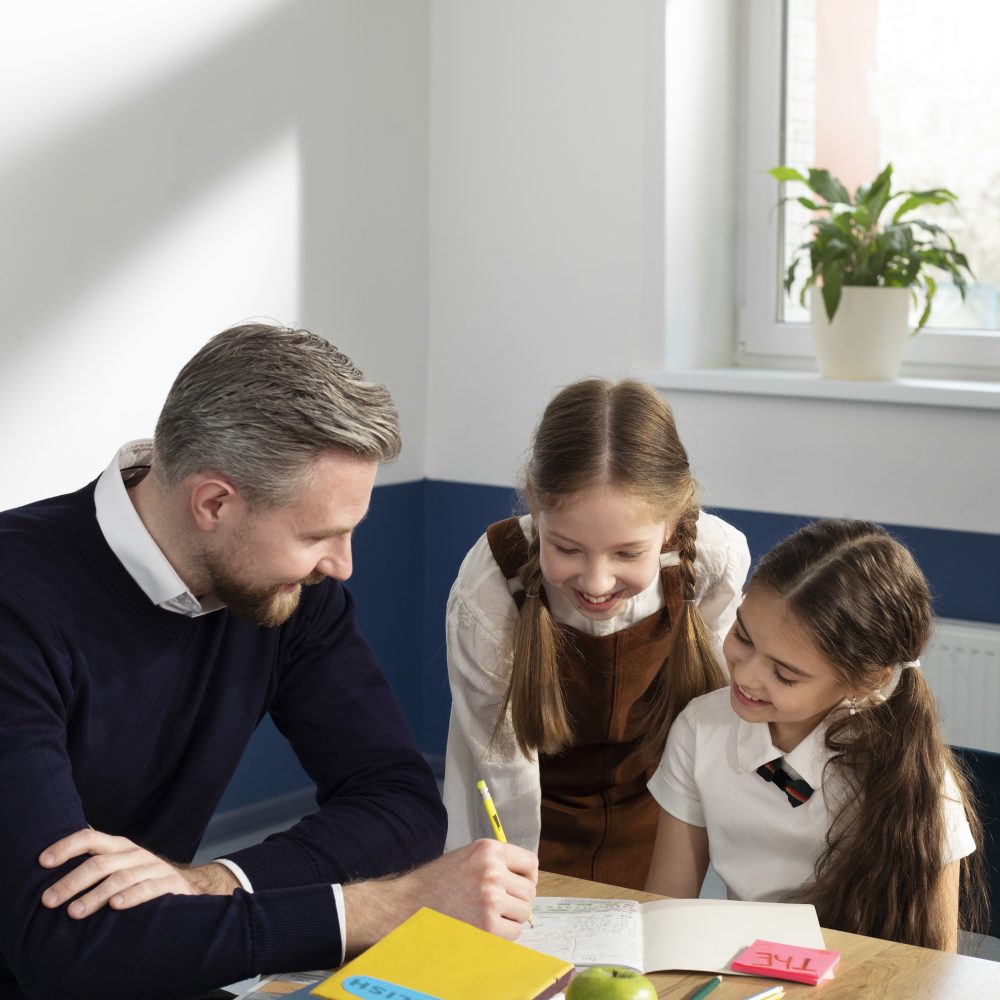What is attachment and trauma awareness?
Attachment is the “lasting psychological connectedness between human beings” (Bowlby, 1997). According to Attachment Theory, it starts with the bond developed between infants and their primary caregivers, which typically provide security, protection and a secure base from which a child can explore the world. These early attachment relationships also provide children with a prototype for developing future social relationships.
The Anna Freud Centre describes trauma as, ‘an emotional response to an event that is deeply frightening or distressing. It happens when a person feels so overwhelmed by difficult emotions – such as fear or anxiety, that their mind can’t make sense of it. These emotions stay with the person and can influence the way they feel in the future’.
Why is attachment and trauma awareness important in a school setting?
Interest in how children develop positive human relationships and how these are impacted by adverse life experiences has been a growing area of research over the last 30 years. While there are competing perspectives to understand the precise mechanisms at work, there is now strong evidence that attachment and trauma issues can impact profoundly on the ways in which children learn and how they interact with others.
The Timpson Programme does not endorse a specific theoretical perspective and the precise form of attachment and trauma awareness training adopted was a choice for schools and the local authorities co-ordinating the projects.
Learn more
The Rees Centre was funded by The Hadley Trust to explore good practice examples of local authorities supporting schools to develop attachment aware and trauma-informed approaches. This video shows the perspective of staff in three local authorities on what an attachment and trauma aware approach means to them. Video link
Why is understanding attachment and trauma so important? (June 2018). Watch the webinar.
Useful links







